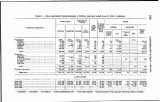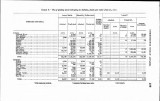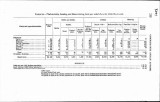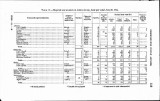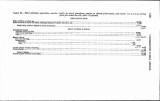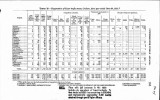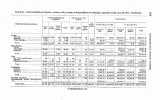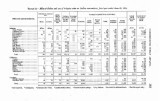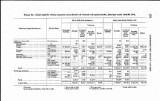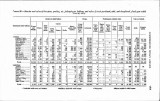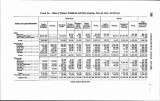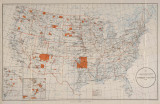| Title |
Annual Report of the Commissioner of Indian Affairs - 1914 |
| Subject |
Indian reservations; Federal government; Indians of North America; Maps; Work; Land use; Allotment of land; Treaties; Agriculture; Timber; Health; Indians of North America--Social life and customs; Water rights; Natural resources; Ute Indians--History; Education; Indians of North America--Education; Livestock; Annuities; Courts; Employment (Economic theory); Indigenous peoples--North America |
| Keywords |
Annual Report; Indian Agency; Reservations; Mining; Land Rights; Tribal Funds; Native Americans |
| Publisher |
Digitized by J. Willard Marriott Library, University of Utah |
| Tribe |
Ute |
| Language |
eng |
| Description |
Excerpts concerning Utah from the Annual Report of the Commissioner of Indian Affairs - Courtesy of the University of Wisconsin Digital Collections. The Commissioner of Indian Affairs discusses poor health conditions among the Indians, the lack of accessible water on reservations, the accessibility and performance of on- and off-reservation schools, campaigns to encourage responsible logging, and the result of court cases involving murder, bribery, saloon operations, etc. The Commissioner provides tables of demographic data regarding the various American Indian tribes |
| Type |
Text |
| Coverage |
Washington (D.C.) |
| Format |
application/pdf |
| Rights |
Digital Image © 2011 America West Center. All Rights Reserved |
| ARK |
ark:/87278/s6225qf7 |
| Creator |
Commissioner of Indian Affairs; Sells, Cato, 1859-1948 |
| Date |
1914 |
| Spatial Coverage |
Utah; Washington (D.C.) |
| Setname |
uaida_main |
| ID |
376570 |
| Reference URL |
https://collections.lib.utah.edu/ark:/87278/s6225qf7 |










































































































